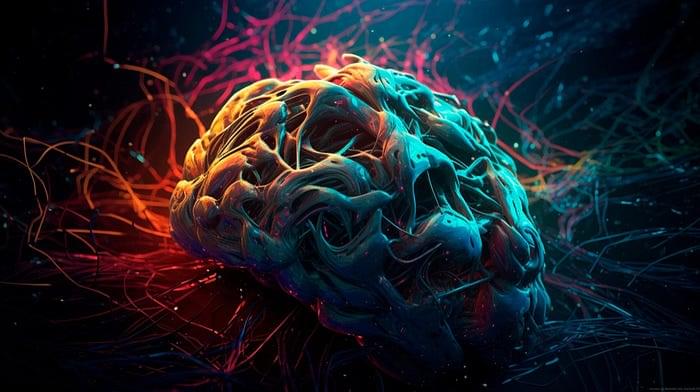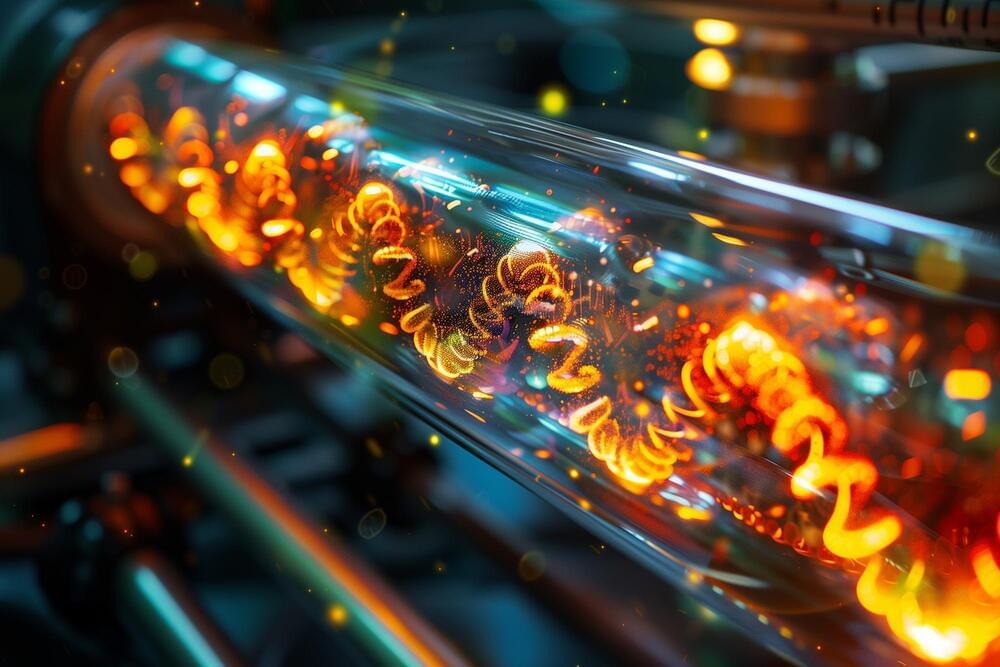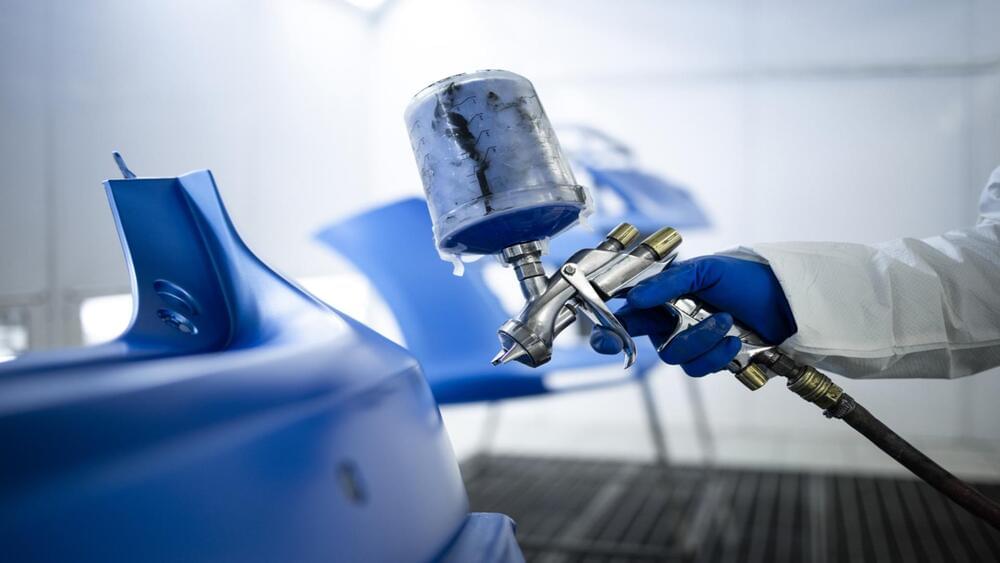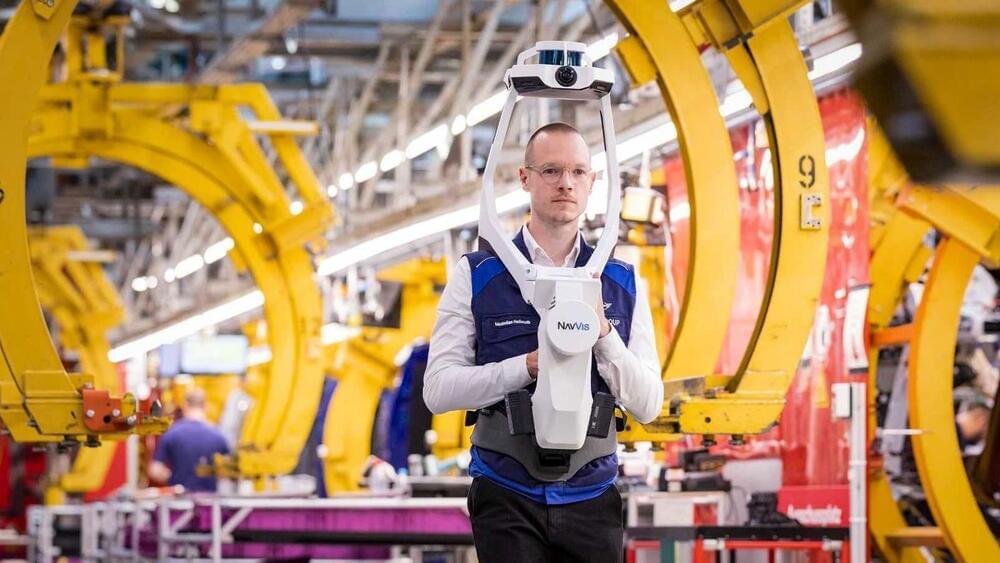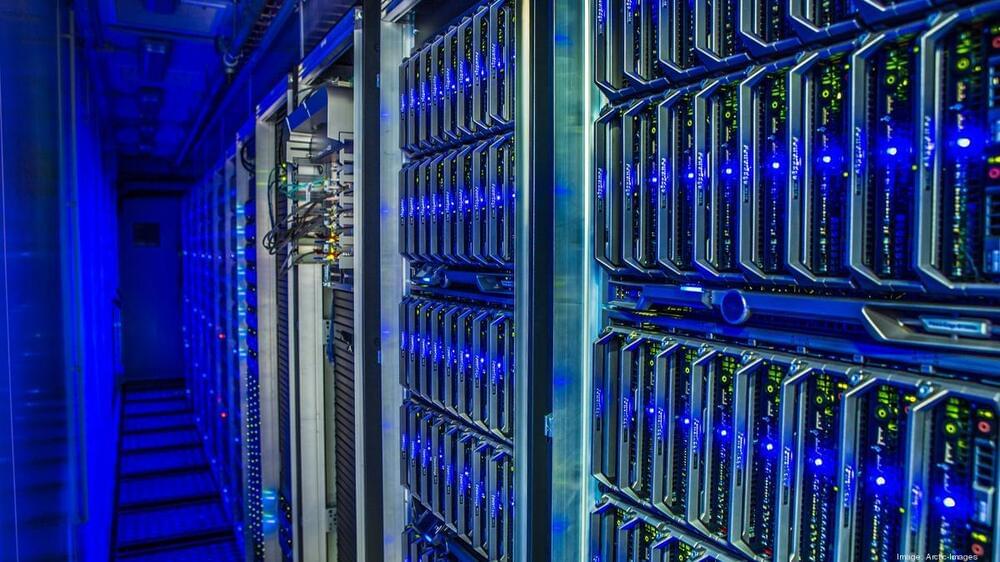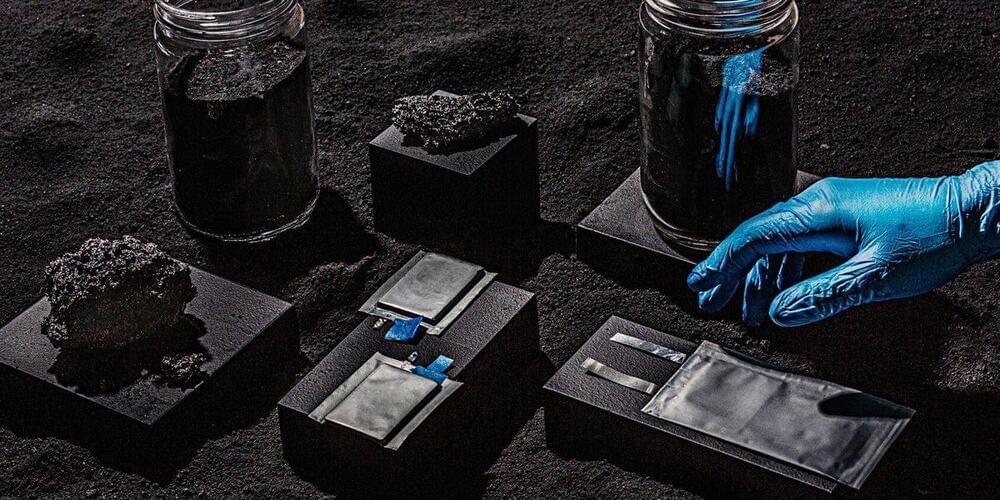Originally published on Towards AI.
AI hallucinations are a strange and sometimes worrying phenomenon. They happen when an AI, like ChatGPT, generates responses that sound real but are actually wrong or misleading. This issue is especially common in large language models (LLMs), the neural networks that drive these AI tools. They produce sentences that flow well and seem human, but without truly “understanding” the information they’re presenting. So, sometimes, they drift into fiction. For people or companies who rely on AI for correct information, these hallucinations can be a big problem — they break trust and sometimes lead to serious mistakes.
So, why do these models, which seem so advanced, get things so wrong? The reason isn’t only about bad data or training limitations; it goes deeper, into the way these systems are built. AI models operate on probabilities, not concrete understanding, so they occasionally guess — and guess wrong. Interestingly, there’s a historical parallel that helps explain this limitation. Back in 1931, a mathematician named Kurt Gödel made a groundbreaking discovery. He showed that every consistent mathematical system has boundaries — some truths can’t be proven within that system. His findings revealed that even the most rigorous systems have limits, things they just can’t handle.
